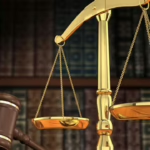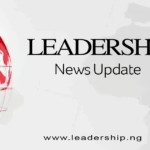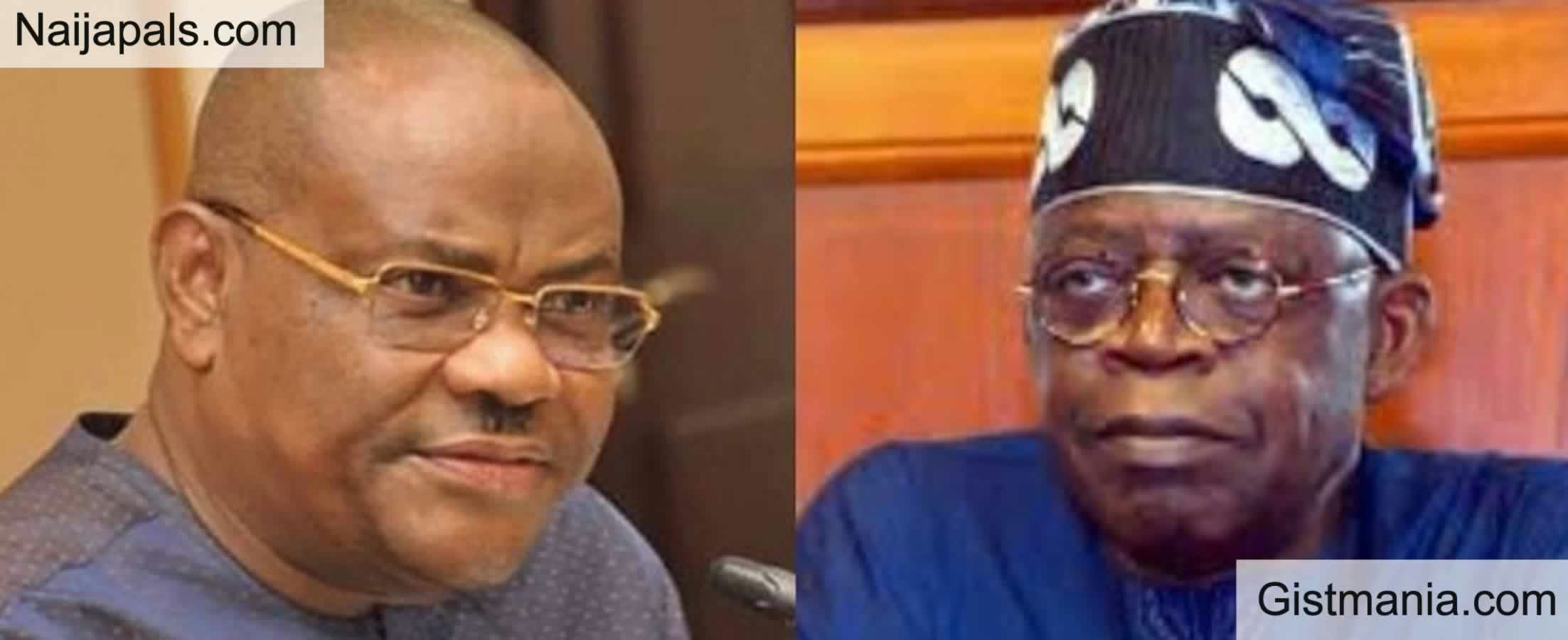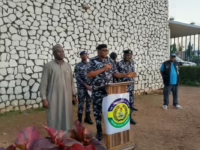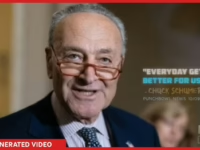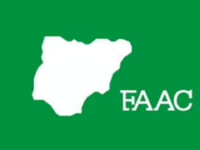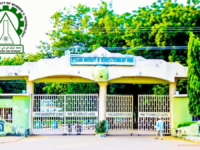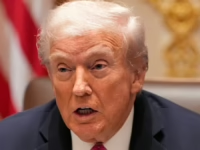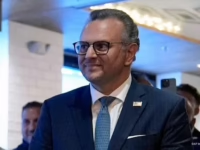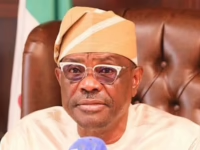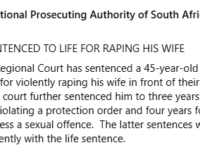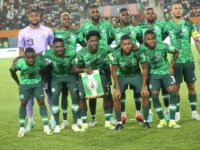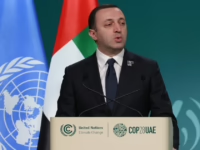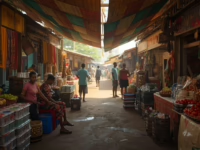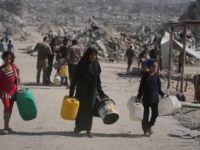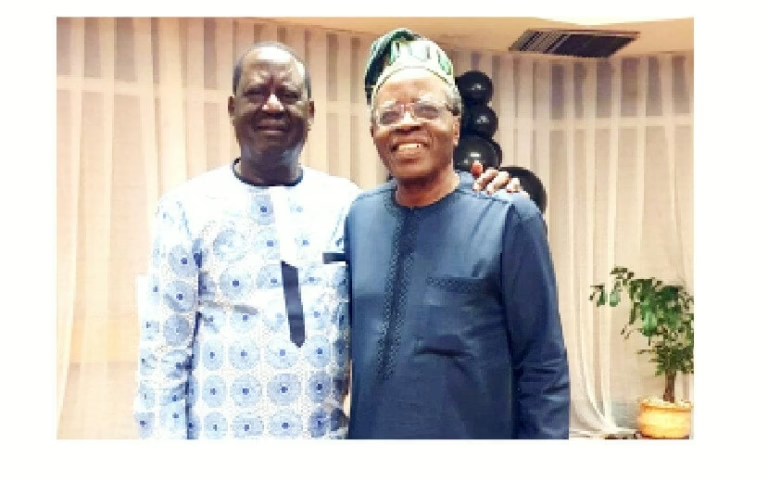By Babafemi A. Badejo, PhD
Author of “Raila Odinga: An Enigma in Kenyan Politics”
It is with a heavy heart that we acknowledge the inevitable departure of all great leaders. Raila Odinga’s final chapter closed on October 15, 2025, far from his homeland-in India-seeking medical care that Africa, despite its vast potential, was unable to provide. His passing marks the end of a pivotal epoch in African political history. Known as Kenya’s “Enigma” (often affectionately mispronounced as “Engima”), Raila stood resolute, sometimes isolated, yet always buoyed by a devoted following in his relentless quest for genuine freedom in Kenya and across the continent. For Raila, democracy was not merely a concept but a commitment to the “Wananchi” – the people – ensuring governance truly served their interests. His name became synonymous with bravery, which I have likened to the strength of a lion, unwavering perseverance, and an unending fight for justice. Beneath this legendary figure was a man of warmth and humility, whose friendship I was honored to share. Our bond began when I sought his support for Olusegun Obasanjo’s liberation during the latter’s imprisonment under Sani Abacha’s regime, a connection forged before Raila had any personal acquaintance with Obasanjo beyond attending one of his development-focused meetings in Kampala.
Roots of an Unyielding Leader
Born in January 1945, Raila Odinga hailed from a family deeply intertwined with Kenya’s struggle for independence. His father, Jaramogi Oginga Odinga, was a key figure in Kenya’s liberation and served as the country’s first Vice President. Jaramogi’s influential work, including his book Not Yet Uhuru, symbolized the ongoing fight for Africa’s complete emancipation. This heritage was both a source of inspiration and a heavy mantle, setting high expectations and often placing Raila in opposition to established power. Yet, he not only met these challenges but surpassed them.
Educated in East Germany during the 1960s, Raila embraced a rigorous discipline and a deep commitment to social justice that shaped his political outlook. With a background in engineering, he entered the political arena not as a traditional politician but as a technocrat who believed that both physical and political structures must be built on a foundation of honesty and durability.
The failed 1982 coup against President Moi dramatically altered Raila’s path. Wrongly implicated, he endured nearly ten years of imprisonment without trial. These harsh years did not embitter him; instead, they strengthened his resolve and gave Kenya a leader who intimately understood the personal sacrifices freedom demands.
The Steadfast Journey Toward Democratic Reform
Raila’s release coincided with a continent-wide surge toward democracy in the early 1990s. He quickly emerged as a leading force in Kenya’s push for multiparty democracy, confronting entrenched authoritarianism with remarkable courage. The collapse of the one-party state owed much to his relentless activism, charisma, and unyielding spirit.
From then on, Raila became a fixture in Kenya’s political landscape-whether representing Nairobi’s Kibera slum in Parliament, serving in the Cabinet, or campaigning nationwide. His most significant contribution was his role in the 2010 Constitution, which restructured governance through devolution and expanded citizens’ rights. This constitutional milestone, more than any electoral contest, stands as his lasting institutional achievement. Despite contesting the presidency five times without success, Raila demonstrated the power of judicial independence by leading the historic annulment of a rigged electronic election, setting a precedent for fearless African courts. In the tense 2017 elections, I joined calls for calm, urging Raila, his supporters, and President Uhuru Kenyatta to prioritize peace.
Dialogues Beyond the Political Arena
My connection with Raila evolved from academic research into genuine friendship. Writing Raila Odinga: An Enigma in Kenyan Politics demanded objectivity, but our interactions soon became a shared exploration of a vital question: How can leadership truly serve the people rather than dominate them? This intellectual journey, alongside my international career with the United Nations, made Kenya feel like a second home.
Raila welcomed critique with openness rather than defensiveness. When I presented drafts analyzing his strategic decisions, he would chuckle and remark, “Badejo, the road to change is never straight; you bend so the tree doesn’t snap.” This blend of insight and pragmatism defined him. He never equated disagreement with disloyalty; for him, questioning was a form of respect.
Our conversations spanned constitutional law to leadership psychology. He admired Nigeria’s vibrant intellectual culture and often compared Kenya’s coalition politics to Nigeria’s federal balancing of diversity. It was no surprise that Nigerian audiences found his ideas compelling and relatable.
Unforgettable Moments in Nigeria
Raila’s ties to Nigeria went beyond formal diplomacy. In the early 1990s, he introduced the Nigerian style of attire to Kenya’s opposition circles, earning the nickname “opposition dressing.” His visits to Nigeria were marked by profound engagements. Speaking at events hosted by The Guardian and Leadership newspapers, he articulated a vision for “Africa’s Second Liberation,” emphasizing that true freedom begins when leaders refuse to exploit poverty as a political tool. In Abuja, he underscored the importance of credible elections while cautioning against overdependence on technology for electoral integrity. He also championed continental connectivity-through roads, energy, and trade-as the lifeblood of Pan-African unity, warning that without tangible integration, political rhetoric would ring hollow.
One vivid memory stands out: during a Commonwealth visit to President Olusegun Obasanjo, Raila made an unplanned stop at my Lagos home. Expecting a formal escort, we instead slipped away unnoticed, allowing him to spend his transit time in a relaxed setting with close friends discussing Nigeria’s reaction to the controversial “Third Term Agenda.” Later, as we headed to the airport, he realized he’d left his briefcase behind. Walking back with my wife Jumoke retrieving it, Raila remarked with a wry smile, “Femi, I feel wonderfully free being invisible to passersby-no security, no cameras, no crowds chanting ‘Baba, talk to us!'” His laughter captured a rare moment of liberation from the burdens of fame, revealing the man beneath the public figure: someone who cherished simplicity and genuine companionship.
A Vision Rooted in Pan-Africanism
Raila’s influence extended across Africa. He saw democracy and development as inseparable and believed that Africa’s unity must be built on practical foundations like infrastructure, commerce, and education rather than empty slogans. His bid to chair the African Union Commission was driven by a sincere desire to streamline bureaucracy, boost intra-African trade, and uphold constitutional governance. Though unsuccessful, his vision promised a revitalized African Union focused on tangible progress.
The Man Beyond the Public Eye
To many Kenyans, Raila was a tireless fighter-eloquent, passionate, and unafraid to challenge authority. Yet those close to him knew a different side: a man with a gentle sense of humor, deep empathy for ordinary people, a hunger for ideas, and an enduring curiosity about the world.
A football enthusiast and storyteller, Raila could recall match scores from decades ago, his laughter filling rooms during friendly debates. His humility in private moments softened even those intimidated by his public stature. His keen insight into human nature and motives was sharpened by the patience he developed during his long detention under President Daniel Arap Moi.
Integrity and Enduring Friendship
Our friendship thrived on honest dialogue. I often cautioned him about the dangers of personality cults in political movements, while he argued that emotional connection was essential for their survival. These exchanges reflected his lifelong balancing act between personal charisma and institution-building.
Raila prized integrity above expediency. He was quick to forgive but never forgot the lessons learned. His 2018 “Handshake” reconciliation with President Uhuru Kenyatta surprised many, including myself, yet it embodied his belief that imperfect peace is better than stalemate. This bold, pragmatic, and humane gesture eased national tensions and allowed for continued reforms, exemplifying Raila’s unique blend of courage and realism.
A Legacy That Transcends Politics
Raila Odinga’s impact on Kenya and Africa goes far beyond electoral contests. He expanded democratic space, legitimized opposition as a patriotic duty, and proved that electoral defeat does not diminish one’s relevance. His influence is etched into Kenya’s constitution, infrastructure plans, and political discourse.
He leaves behind a challenge to future generations of leaders and citizens alike: to safeguard and build upon the democratic gains he championed. Raila demonstrated that politics can be principled without being naive, and that meaningful reform requires patience, resilience, and compassion.
Across Africa, his name joins those of visionary reformers like Nyerere, Sankara, and Mandela-leaders who understood that the struggle for accountable governance is a continuous, generational endeavor.
His passing invites reflection on the ongoing journey toward African democratization. The institutions he helped strengthen must now live up to his trust. Kenya’s vibrant civil society, devolved government structures, and youthful electorate stand as living monuments to his lifelong dedication.
A Final Tribute to a Thoughtful Comrade
As I reflect, memories flood back: his laughter during strategy meetings in Nairobi; his quick wit in interviews; his quiet appreciation for art and history; his seamless shift from political debate to philosophical discourse without losing authenticity.
Raila Amolo Odinga was not without flaws-no transformative leader is-but his impact was profound. He humanized power and insisted that leadership must deliver true freedom, including liberation from poverty, for the majority. For those of us who studied, collaborated with, and shared his vision, his death is not an end but a call to continue the Pan-African dialogue he so passionately advanced.
Farewell, my friend and subject-the enigma who became an institution; the politician who remained a philosopher; the man who, even amid global spotlight, once found joy in the anonymity of a quiet Nigerian street.
History will ultimately honor Kenya’s Enigmatic Lion.
-Babafemi A. Badejo, author of multiple works including a bestseller on Kenyan politics and the challenges of peace in Somalia, former Deputy Special Representative of the UN Secretary-General for Somalia, and former Professor of Political Science and International Relations at Chrisland University, Abeokuta. Currently Chairman of the Nigerian Bar Association’s National Anti-Corruption Committee and Consultant at Yintab Strategy Consults. Recipient of the 2025 Nelson Mandela Distinguished Africanist Award from the African Annual Conference at the University of Texas at Austin.


